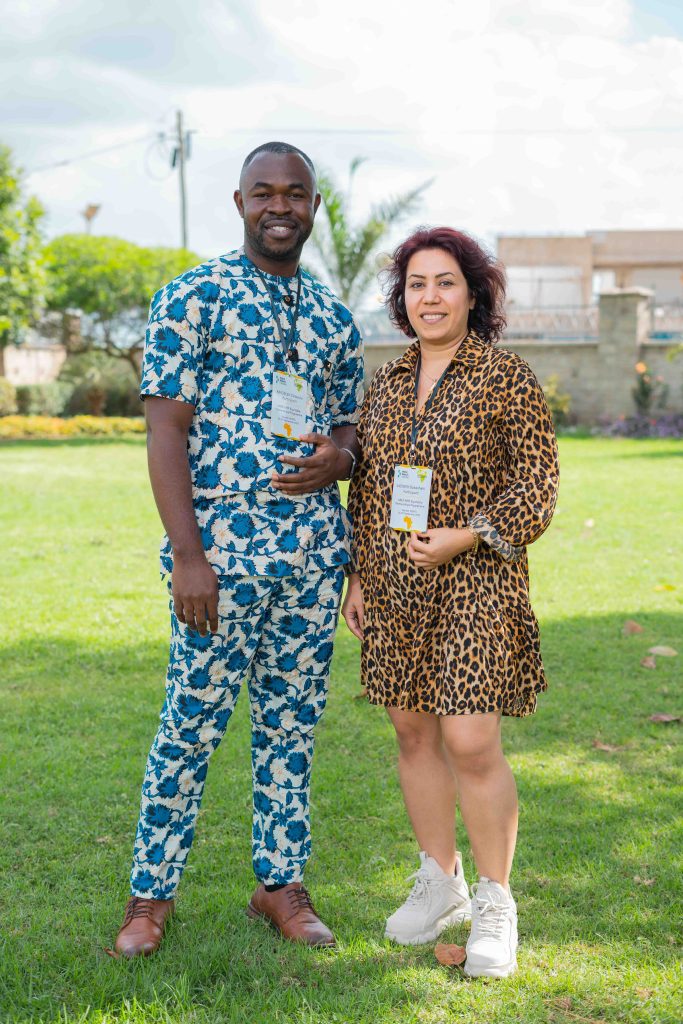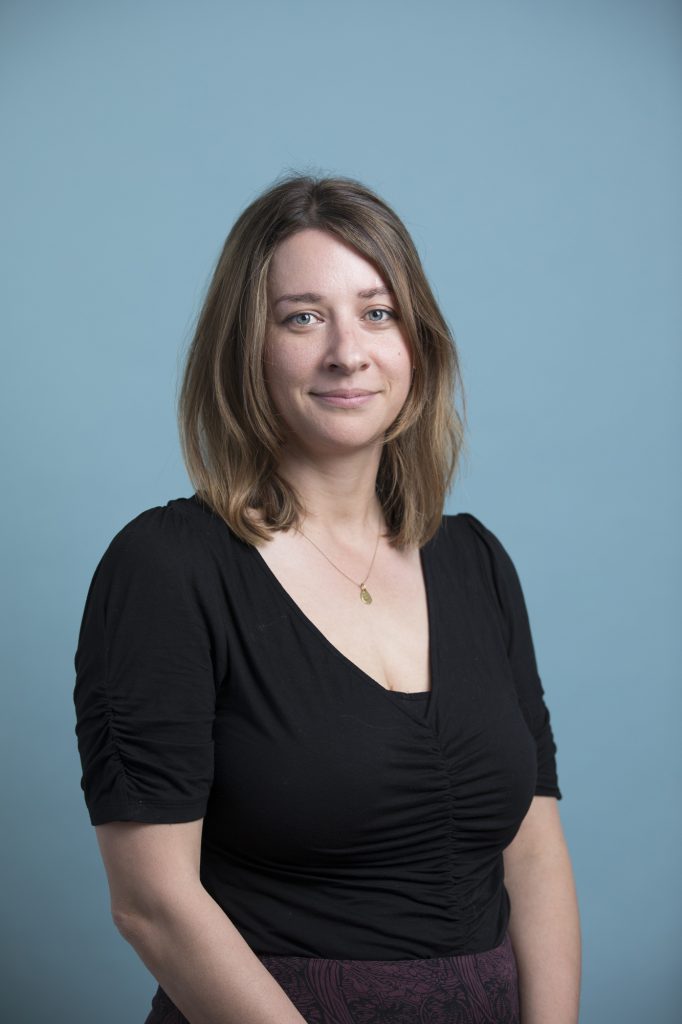Dr Alison Simmons, Director of Research at the Medical Research Foundation
Research funding from the past into the present
Sir Leonard Rogers was a founding member of the Royal Society of Tropical Medicine and Hygiene and a pioneer in the treatment of cholera. In 1926, he set up a fund to support ‘medical research in tropical Africa’. Following Sir Rogers’ death in 1962, this fund was left to the Medical Research Council (MRC) and used sporadically to support travel scholarships for clinicians specialising in tropical diseases for 30 years.
In 2021, the Medical Research Foundation, as the charitable foundation of the MRC, decided to make use of the remaining fund in a meaningful and impactful way, modernising its direction to address today’s greatest health challenges.
Targeting funding towards today’s health challenges
Climate change is having a severe impact on human life and health. This poses an urgent challenge, particularly in Low- and Middle-Income Countries (LMICs) that will feel these impacts most profoundly.
To help mitigate climate-related health challenges, the Foundation decided to create a funding scheme from the historical fund to award grants to partnerships between Principal Investigators from the UK and Africa, respectively. We designed grants to be awarded specifically to researchers investigating the health impacts of climate change. As the funder, we were aware of the evolving discussion on equity in research funding – and knew that our key responsibility was to ensure equity was at the heart of partnerships from the start.
Working to ensure equitability
As a primarily UK-based funder, our experience of international funding was limited. However, I had gained previous experience at Wellcome’s Infection and Immuno-biology team which had numerous international funded grants, and our Trustees also had some expertise in the ethics of global health research. As a starting point, we turned to UKCDR’s guidance document, ‘Four Approaches to Supporting Equitable Research Partnerships’, for support, and used the recommendations to systematically analyse our grant-making systems and processes.
We studied all stages of the grant life-cycle and made improvements based on the recommendations at every point. For example, we tried to expand the reach of the research funding by promoting novel partnerships between the researchers, extended the application window, and incorporated pre-announcements to our funding calls to increase visibility and accessibility. We required applicants to answer questions on the nature of their partnership in the application process to ensure they thought upfront about LMIC ownership of processes and distributed governance of the project. Our Expert Review process made these answers a criterion and also ensured that applicants requested sufficient funding. The guidance also recommended that the differences in LMIC policy systems were recognised, and to support this, we altered our standard Terms and Conditions for relevancy to international requirements and embedded monitoring and evaluation of equitability into our standard frameworks.
Making changes to our financial practices
The greatest impact definitely came from using UKCDR’s guidance to reflect on our financial practices in grant-making and the recommendation that resources be shifted towards LMIC applicants. We had been used to making grant payments in arrears to UK institutions, and as a charity, we do not pay indirect costs or ‘overheads’. Both these practices, though, can be prohibitive to conducting research in low- and middle-income settings, where institutes might not be able to support research upfront, without access to the same funds we have in the UK, and so we altered our grant-making to allow pre-payment of funds and payment of indirect costs.
These changes required an overhaul of our Due Diligence process, which we also altered to include advice for strengthening research management in international partners, as well as to set up early conversations with administrative staff within all institutes. The results were certainly worth the additional efforts this took and garnered an overwhelmingly positive response from our funded researchers.
Supporting grant-holders to achieve equitability
Finally, to ensure the long-term sustainability of our research partnerships and to put in place UKCDR’s recommendations to “support the research ecosystem” and “strengthen research relationships”, we developed an ‘Equitable Collaborations’ training course for all grant awardees.
In 2023, this took place for the first time over four days in Nairobi, Kenya. The course was delivered by the Africa Research Excellence Fund in collaboration with Professor Isabella Aboderin of the Perivoli Africa Research and Partnership Centre (PARC) at the University of Bristol in the UK.

Collaborations training.

The programme aimed to build on UKCDR’s guidance by helping grant-holders understand the inherent inequities present within research. Support was provided to help awardees create a framework for greater equitability specifically within their grant, but also within the research ecosystem as a whole. Researchers commented on how the programme “provoked deep reflection and learning”, emphasising how they will now strive to “place appropriate value on what [they] contribute to a project”.
As a result of our support, researchers altered their budgets for local language translations, prioritised fair career development when considering manuscript authors, relocated data holdings and PhD registrations, changed communication channel methods, developed strands of their research which “returned the gaze’ to the UK context, and much more besides. We hope that these changes will influence future grants and colleagues. This year, we will be repeating the course in Accra, Ghana, for our next cohort of funded researchers.
Looking to the future
After this initial £2.7 million investment in cohort 1 of the partnerships, we are investing further in this field, and will be making up to £6 million available over three years in equitable research partnerships to create impactful research in this field, honouring Sir Leonard Rogers’ vision. The first cohort included research on the effects of heat exposure on maternal health and malaria transmission, and how flooding impacts health seeking behaviour, and we expect many more novel topics to be explored over the next two years. Throughout this process, we’ve gained insight into the challenges facing African researchers, and it has become apparent that the steps we’ve taken are making a tangible difference for researchers in LMICs. There is still work to be done, but we are committed to ongoing learning and improvement to achieve this.
Author Bio

Dr Alison Simmons is the Director of Research at the Medical Research Foundation and leads the Research Funding and Impact and Evaluation team. Alison focuses on developing and implementing research funding calls in areas of unmet need, and has previous experience at Wellcome and in academic research.
